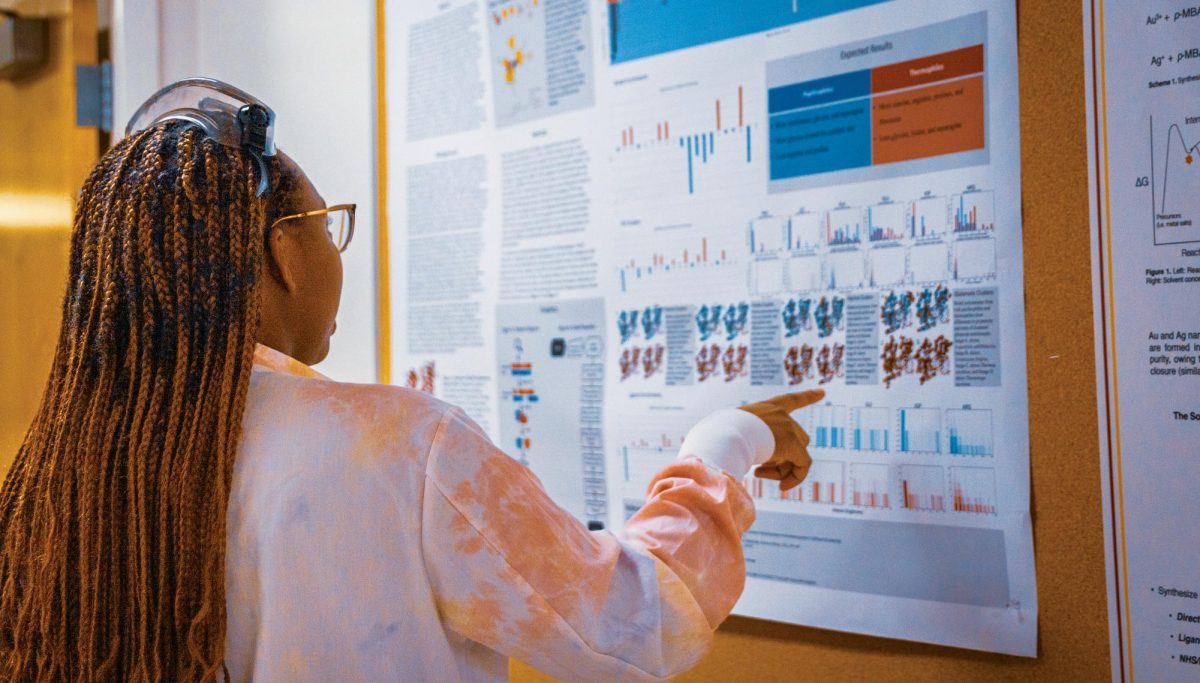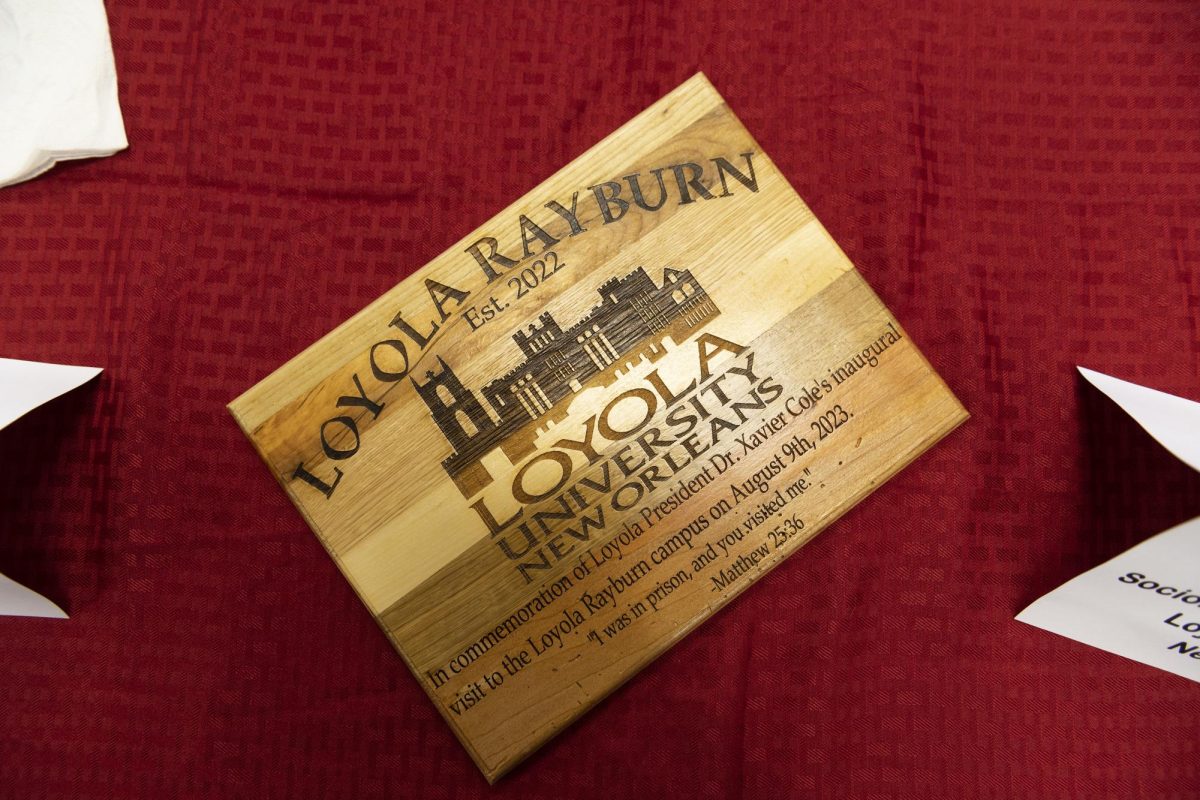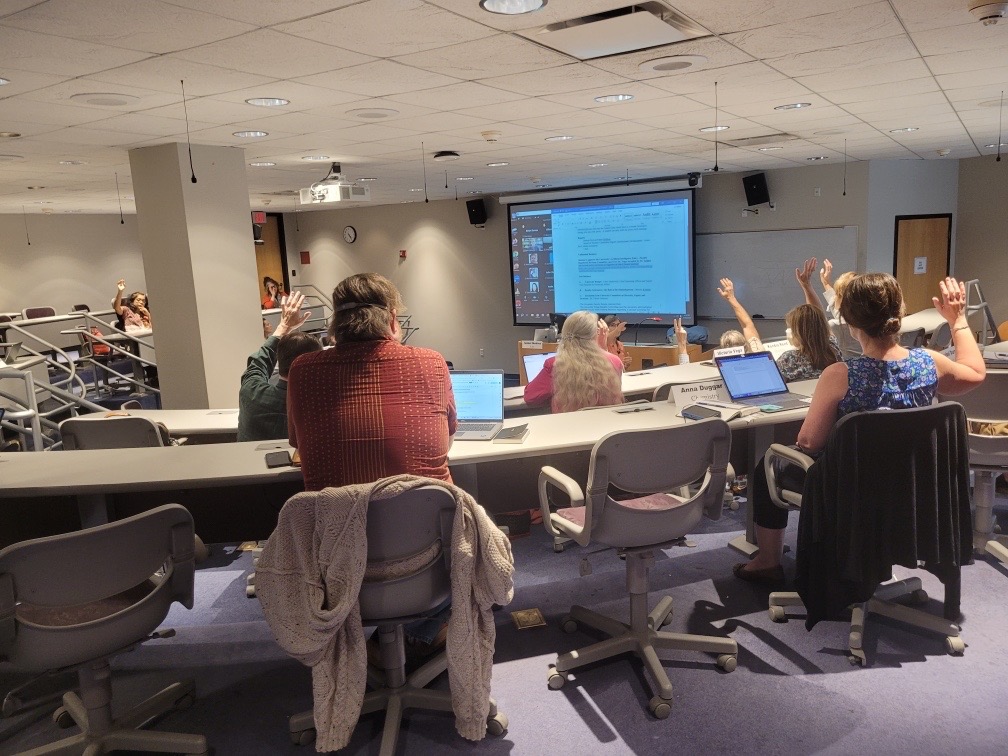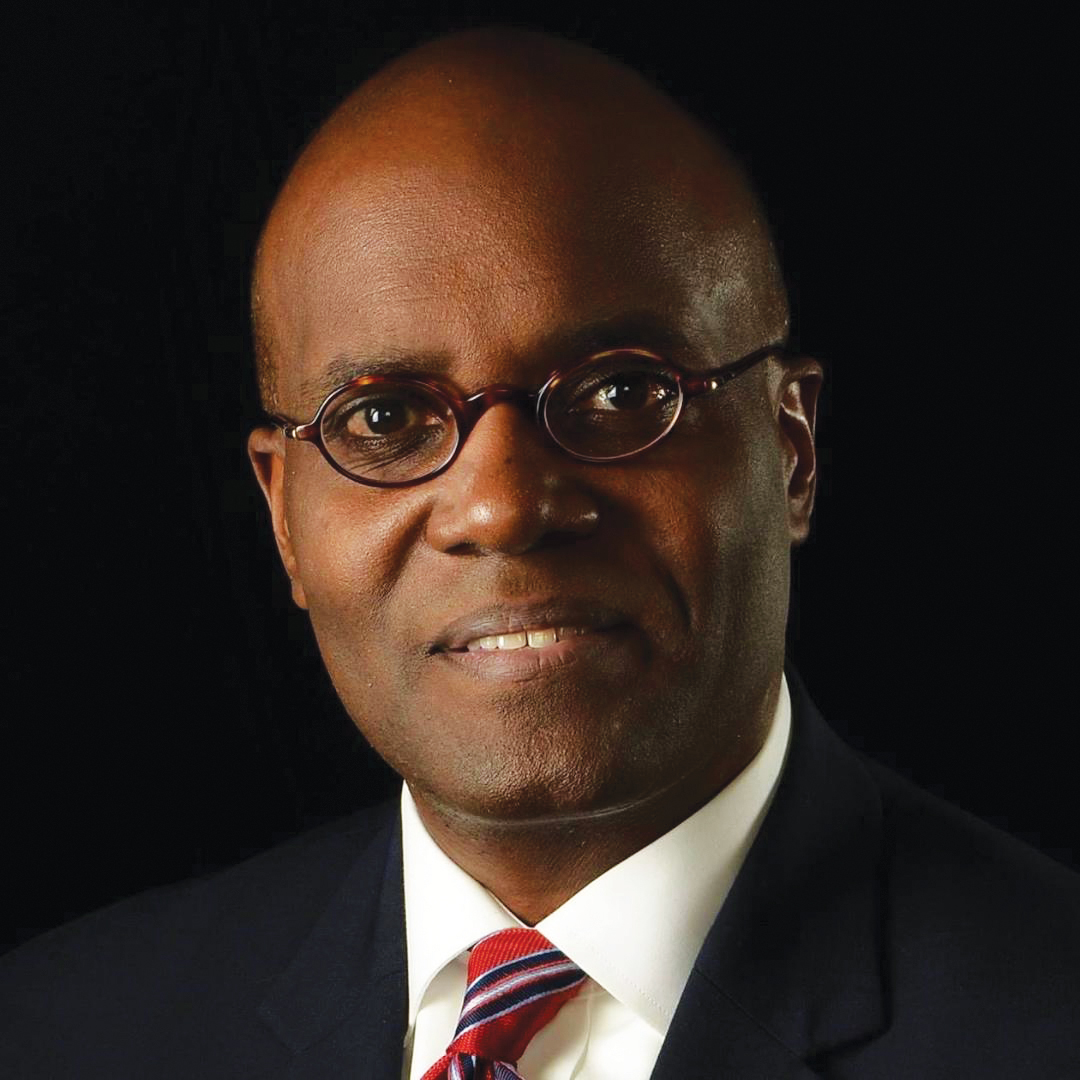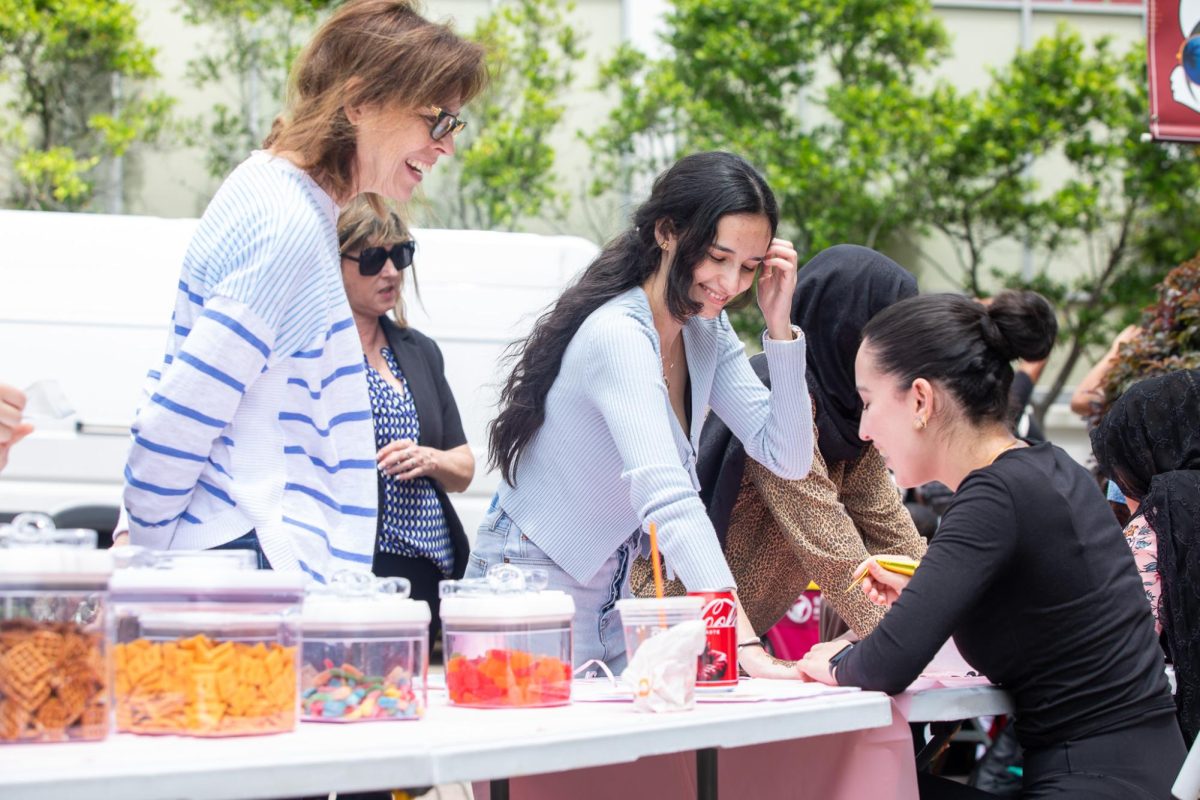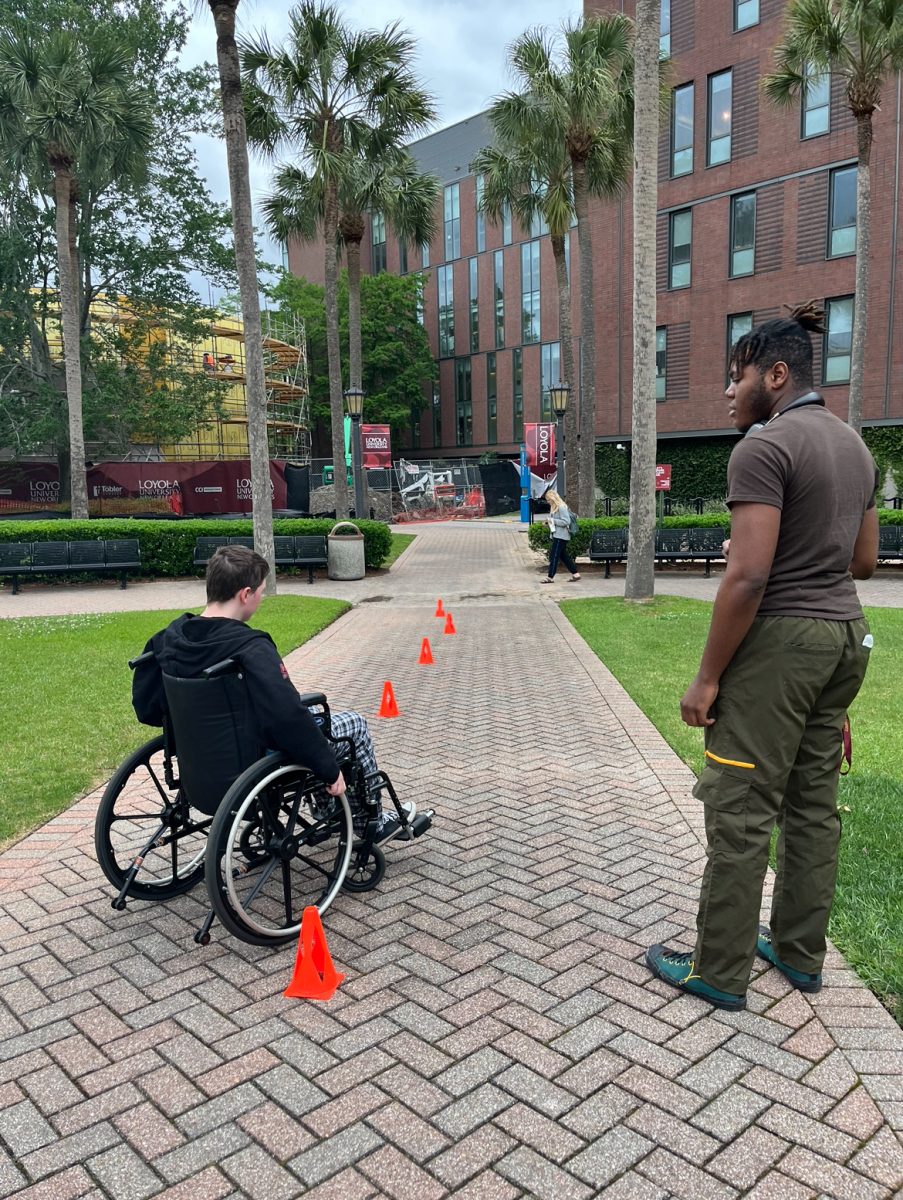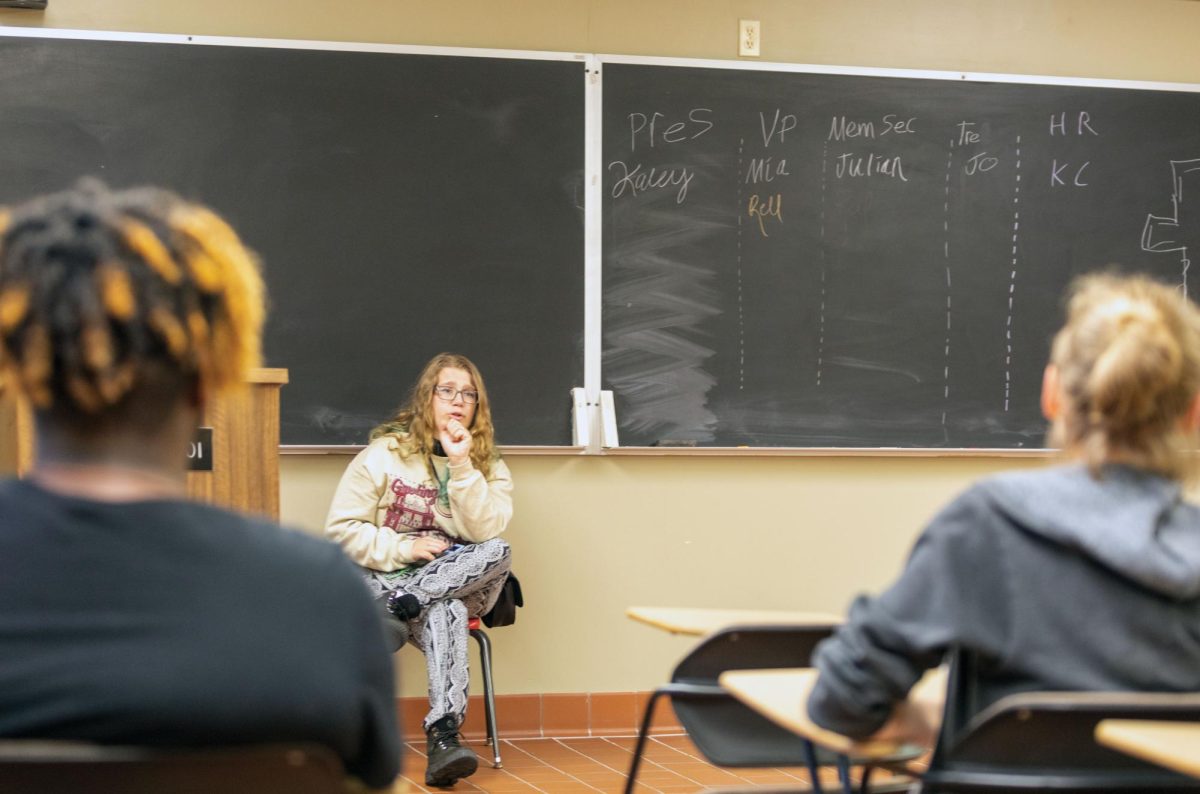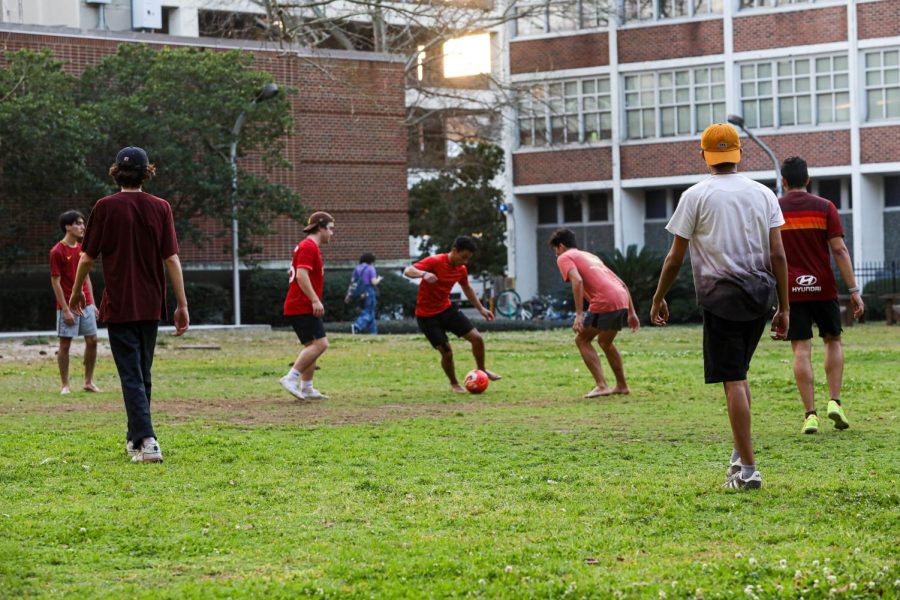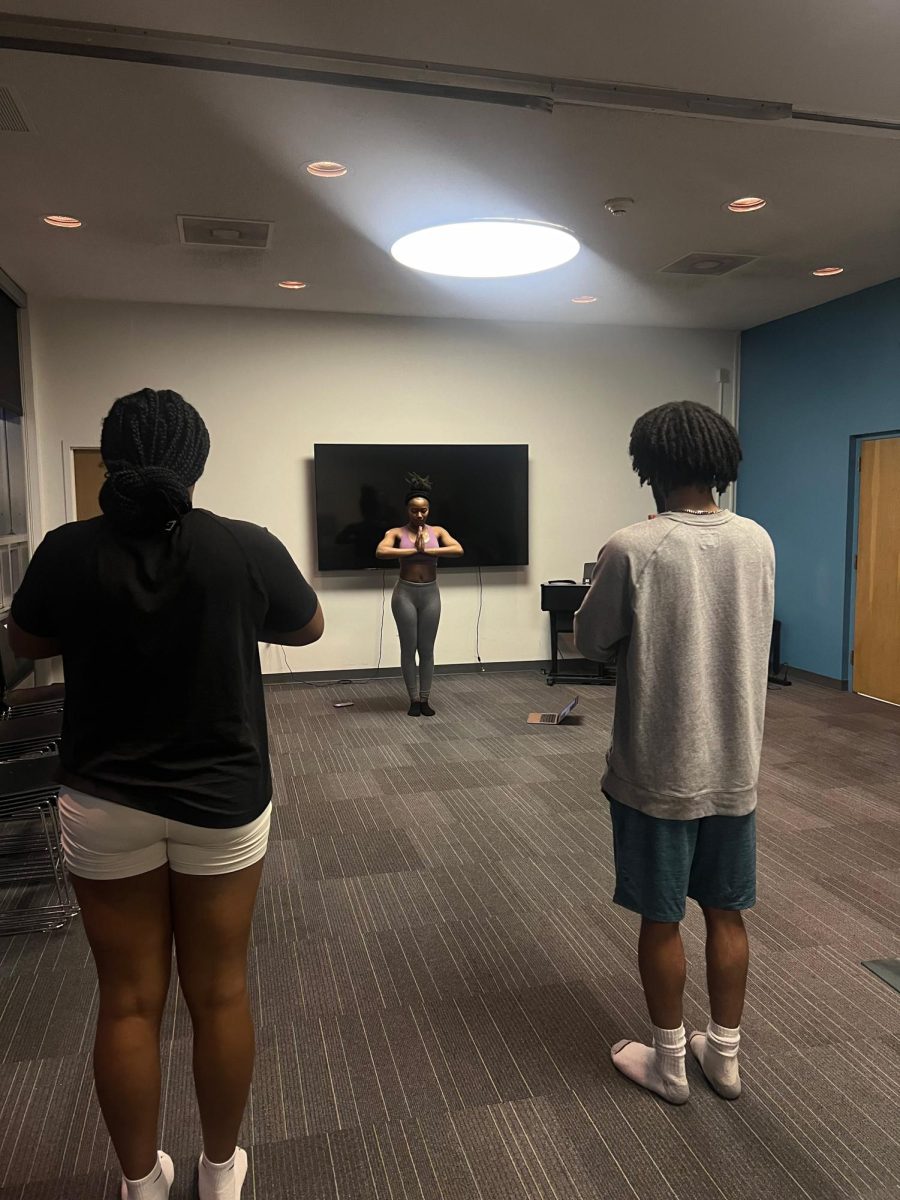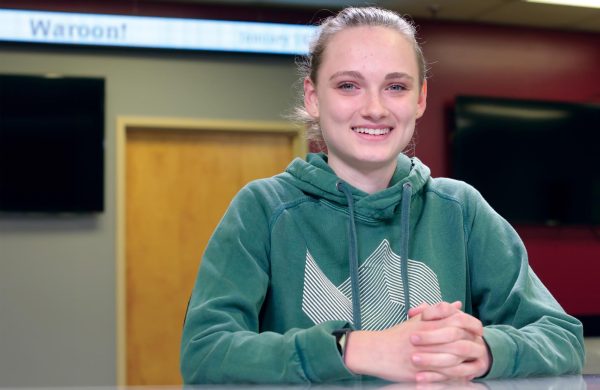Chemistry senior Tori Johnson and chemistry sophomore Jessica Valerio are creating a Black Science, Technology, Engineering, and Mathematics club, so Black students at Loyola will not feel underrepresented within STEM majors.
Johnson and Valerio will serve as president and vice president, respectively, of the Loyola chapter of the National Organization for the Professional Advancement of Black Chemists and Chemical Engineers, or NOBCChE.
As a senior, Johnson wants to make sure future Black STEM students feel comfortable in ways she didn’t when she was an underclassman.
“I became president so that more Black students feel comfortable coming into the space, and I want to give students resources that I did not have back then,” Johnson said.
Similarly, Valerio wants students to learn more about STEM within the club not only for undergraduate purposes, but for their future careers. The club will have a major focus on life after college.
Valerio said she knows what it feels like to not know what to do post-grad, and she wants to make sure her peers are on the right track.
“We need connections, internships, and people to go to after we graduate,” she said. “I did not have a clue what grad school was, and I am a first generation college student, so it wasn’t until I asked Tori [Johnson] about it that I knew what it was.”
Valerio said they want to have guest speakers come in and talk about what grad school is, how to apply to real-world jobs, resume advice, and generally, providing a space to give STEM students what they need.
The club will be a safe space for students to ask questions that they are scared to ask their professors, Valerio said.
According to Johnson and Valerio, being in a small minority group, as Black STEM students, can be intimidating.
They said Loyola demands a lot when coming to college, and it can be hard to ask questions, go to office hours, or even talk to the professor.
Chemistry junior and NOBCChE member Breonna Scott feels that not only are Black STEM students underrepresented at Loyola, but so is the faculty.
“It would be nice to see more Black professors teaching the STEM curriculum at Loyola because representation matters,” Scott said.
The community at Loyola is welcoming, but STEM students feel like they can’t speak out openly.
“My biggest barrier has been asking,” Valerio said. “Leaving high school and coming to college, they already expect you to know certain things, and it is hard to ask questions they think you should already know.”
Valerio said she’s usually the only Black girl in the room.
“If not, then there’s only one or two other Black girls, and it’s a little intimidating,” she said.
Johnson believes Black STEM students being unable to approach their professors or being scared to get help, leads Black chemistry majors to switch to biology.
She said it is a trend because biology is believed to be easier, and students feel like they can’t do chemistry.
Johnson wants the club to be a solution for Black students in STEM to turn to for help and for students to feel empowered to go to faculty for help without judgment.
“Students knowing other people who know exactly what they’re going through, that is motivation for people to stay in it,” Johnson said. “So, I want to bridge that gap between teachers and students.”


